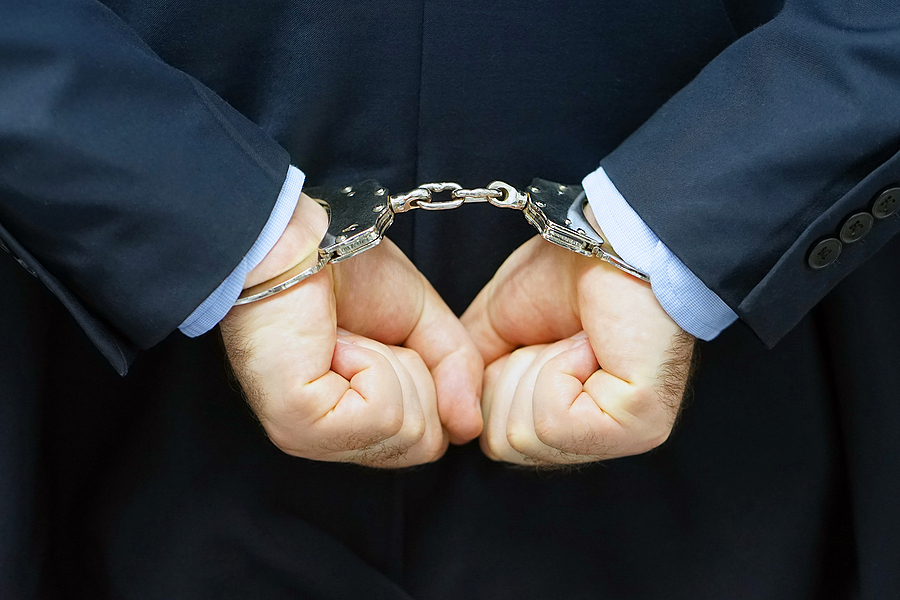What is the most serious misdemeanor in Texas? Great question. Let’s discuss.

What You Should Know About a Class A Misdemeanor in Texas
Many mistakenly assume misdemeanors are no big deal, but in Texas, that assumption can cause serious legal trouble. While misdemeanors are technically less severe than felonies, they can still carry jail time, fines, a criminal record, and other long-term consequences.
Legally speaking, any Class A misdemeanor in Texas holds the same maximum penalty, which is up to 365 days in jail, a $4,000 fine, or both. Talk to your criminal defense attorney for more information.
Texas Misdemeanor Classes
Texas classifies misdemeanors into three distinct categories:
- Class C Misdemeanor — This typically results in a fine only.
- Class B Misdemeanor — This is usually punishable by up to 180 days in jail and a fine of up to $2,000.
- Class A Misdemeanor — This is the most serious misdemeanor in Texas and can mean a year in jail or up to $4,000 in fines.
Some Class A offenses cause social stigma, can trigger collateral consequences, or might include enhancement options that push them dangerously close to felony territory. Contact the Law Office of Philip D. Ray today to schedule a consultation, discuss your charges, and develop a solid criminal defense.
Collateral Consequences of Class A Misdemeanors in Texas
A Class A misdemeanor doesn’t just put you in jail and cost you money. It can also block job opportunities, especially in education, healthcare, or government. A conviction might limit housing options, complicate custody disputes, or trigger immigration proceedings. And in some cases, it could even prevent you from owning a firearm.
What Constitutes a Class A Misdemeanor in Texas?
Texans can pick up the most serious misdemeanor in the following ways, according to the Texas Penal Code.
Assault Causing Bodily Injury (TX Penal Code §22.01)
This charge applies to anyone who intentionally, knowingly, or recklessly causes bodily injury to another. The code also explains that “bodily injury” includes anything from bruising to a punch that causes pain.
Second-Offense DWI (Texas Penal Code §49.04)
Your first DWI might have been a Class B misdemeanor, but do it again, and it jumps to Class A. You could face steep penalties as a result, including driver’s license suspension, ignition interlock requirements, and significant insurance premium increases.
Unlawful Carrying of a Weapon (UCW) with Criminal History (Texas Penal Code §46.02)
UCW charges can quickly escalate if you have a prior criminal record. Enhancements can also stem from being in a prohibited area or violating concealed carry laws. Although Texas is gun-friendly, you must carry legally because a Class A UCW charge can jeopardize your right to bear arms.
Violation of Protective Order (Texas Penal Code §25.07)
Domestic violence cases often involve court-issued protective orders, so violating one can trigger a Class A misdemeanor in Texas, even if no violence or direct threats occur. Courts see this as defying authority and as a precursor to more serious behavior.
Theft of Property (Texas Penal Code §31.03)
This is your classic shoplifting or petty theft charge, ranging from $750 to <$2,500. Aside from the legal ramifications, theft charges can make employers nervous, and repeat offenses may be enhanced to a felony.
We Take Class A Misdemeanors Seriously
What is the most serious misdemeanor in Texas? That’s an important question, but more importantly, is how being convicted can impact your life. We know what’s at stake. Let our criminal defense attorneys evaluate your case, explore your options, and protect your rights under Texas law.
